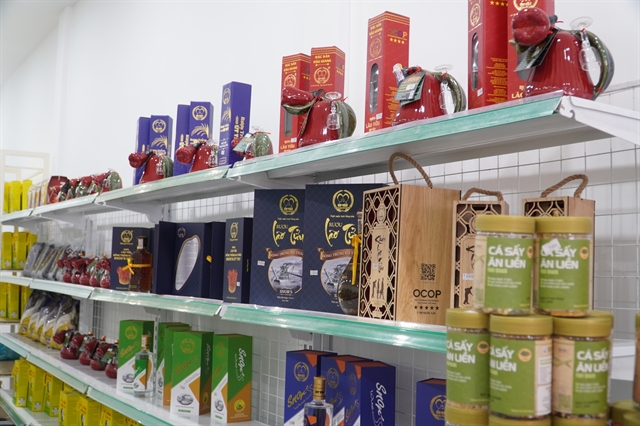 Economy
Economy

Việt Nam's shrimp industry expects to increase exports this year end because of a rise in demand, according to the Việt Nam Association Seafood Exporters and Producers (VASEP).

|
| No Title |
HÀ NỘI — Việt Nam's shrimp industry expects to increase exports this year end because of a rise in demand, according to the Việt Nam Association Seafood Exporters and Producers (VASEP).
Prices are also expected to be higher from the beginning of the third quarter of 2020 because of lower shrimp inventories in major markets such as Japan, the US and the EU than in previous months.
Shrimp supply in China is forecast to decrease due to the impact of shrimp disease. Lockdown in India which lasted until May has affected production, leading to unstable supplies. The pandemic has also affected the raw shrimp supply of Ecuador, Indonesia and Thailand, the association said, so the exports there have reduced by 30 per cent each country.
This is an opportunity for Việt Nam to promote its shrimp exports, it said. Farmers are still actively producing raw shrimp to meet enterprises’ demand on material for shrimp export processing.
In addition, businesses have also enjoyed government support packages to help them to overcome difficulties caused by the pandemic and take advantages of opening market according to commitments of free trade agreement, especially EVFTA and CPTPP.
Shrimp exported to the EU would enjoy preferential tax breaks according to the Việt Nam-EU Free Trade Agreement (EVFTA).
The tariffs of most raw shrimp, including fresh, frozen and chilled products exported from Việt Nam into the EU would be gradually reduced from the basic rate of 12-20 per cent to zero after the agreement comes into effect in August this year. Meanwhile, import tariffs of processed shrimp will fall to zero after seven years.
With those advantages, VASEP expects shrimp export this year is likely to reach US$3.8 billion, $300 million higher than its previous forecast.
The Government needs to quickly implement supportive measures, especially credits for shrimp breeding farmers, VASEP Secretary General Trương Đình Hòe said.
It should also reduce loan interest rates, taxes and land rents and extending payment of them to help businesses restore production, he said.
However, according to VASEP, Việt Nam's shrimp exports are still facing many challenges in domestic and global markets. Local businesses need to focus on building links from raw material production to processing for managing food safety and hygiene and improving the competitiveness of products.
Hồ Quốc Lực, chairman of the Directorate Board of Fimex Vietnam, said the enterprises must ensure quality and strictly comply with all terms of the signed contracts such as delivery time and packaging design.
They also need to improve financial ability and production scale, and enhance trade promotion programmes to attract more customers, he said.
Meanwhile, local authorities must have many projects calling for investment in building shrimp farms with international quality standards. They also need to make investment in infrastructures such as electricity, irrigation and traffic roads, creating good conditions for high-quality shrimp production, he said.
According to VASEP, Việt Nam's shrimp export value in the first five months of this year reached US$1.2 billion, up slightly by 2.3 per cent over the same period last year.
Of which, white leg shrimp and tiger prawn accounted for 69.5 per cent and 19.2 per cent of the total value, respectively. The high export value of white-leg shrimp during the pandemic was due to reasonable price, VASEP said.
In the first five months, the key export market for Vietnamese shrimp products included Japan, the EU, South Korea, China and the US. Of which, the shrimp exports to Japan, EU, and South Korea had the slowest growth and even reduced. Exports to the US, China and the UK recorded high growth and is expected to maintain the growth by this year end.
Shrimp exports to the US recorded a high growth of 29.5 per cent in May to $65.8 million compared to May 2019. In the first five months, it reached $224.5 million, up 20.4 per cent year on year.
Exports to Japan rose by 3.2 per cent to $225.6 million.
Meanwhile, it declined by 7 per cent to $162 million to the EU and 9.6 per cent to $169 million to China in the first five months. — VNS




